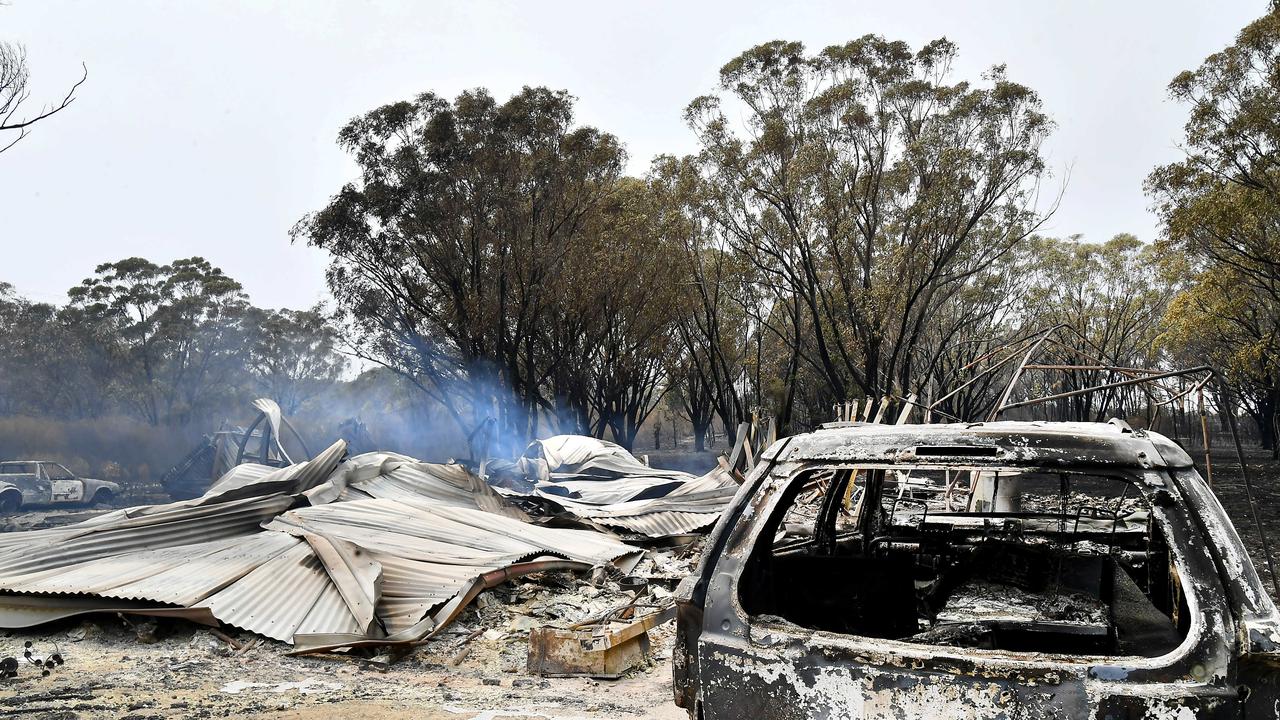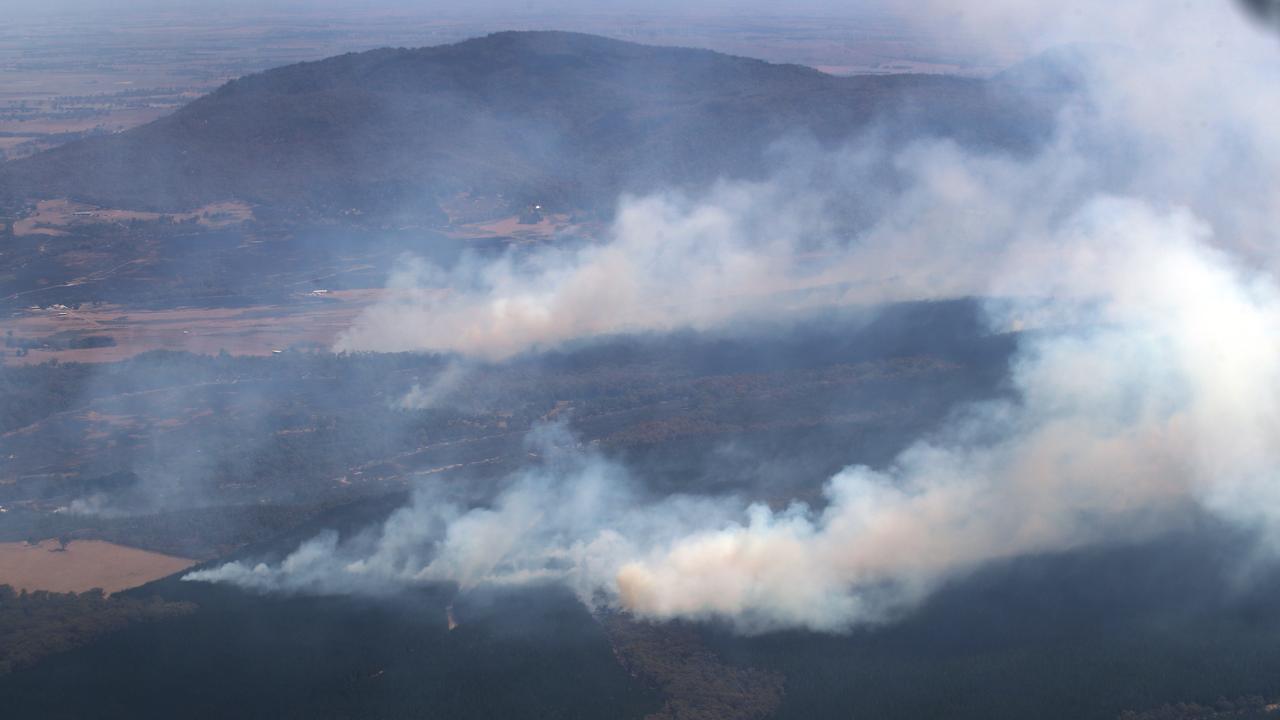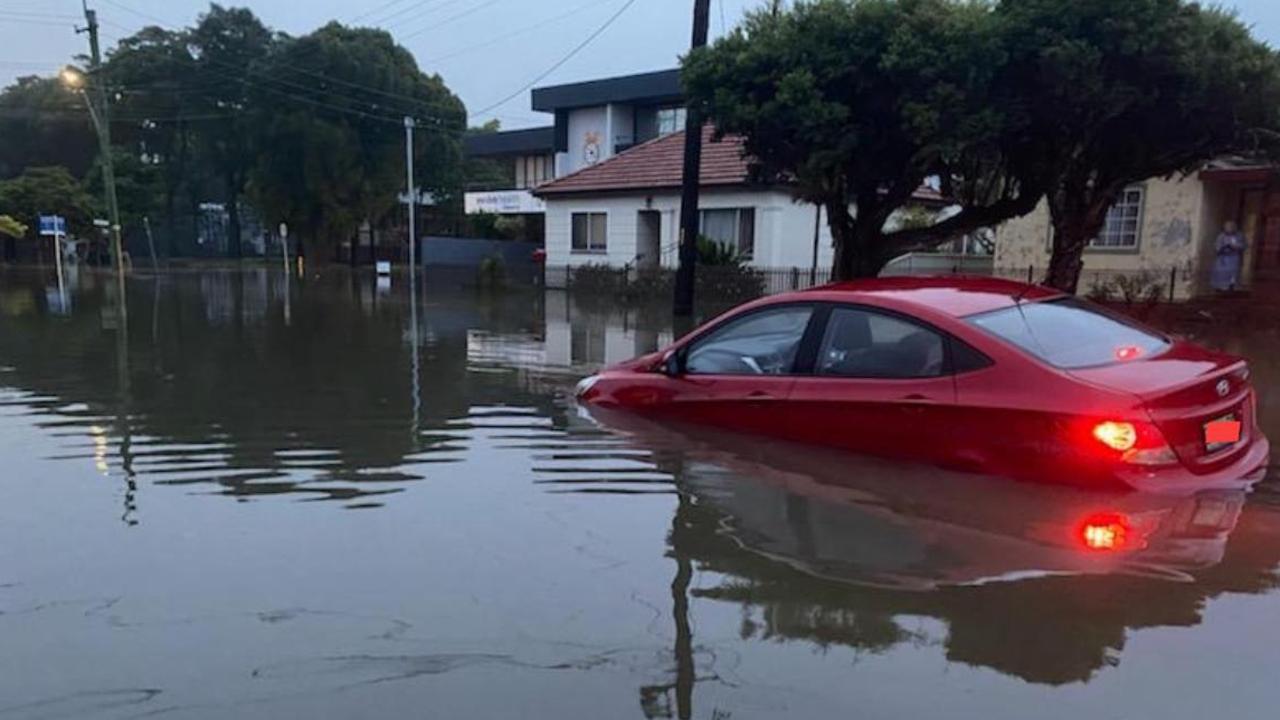Dire warning of ‘above average’ temperatures over Australia as disaster agency warns of hotter, wetter spring
Australia’s national disaster agency is bracing for hotter, wetter and windier weather as the country slides deeper into spring, with some parts of the country in much higher danger.
Australia’s national disaster agency is bracing for hotter, wetter and windier weather as the country slides deeper into spring.
The National Emergency Management Agency (NEMA) released its higher risk outlook for the next quarter on Friday.
Temperatures were “very much above average” for a lot of Australia over winter, a trend that was only set to continue in the warmer months.
The agency said there was a heightened “risk of fire for parts of northern Australia and the south-east during September to November 2024.”


Areas at increased risk included parts of western Victoria and a slither of South Australia.
But the biggest threat loomed in the north, with swathes of Queensland and the Northern Territory at danger.
Major regional centres were in the zones identified at higher risk, including Alice Springs and Tenant Creek in the Northern Territory, and Mount Isa, Townsville and Cairns in Queensland.
But NEMA noted that was no reason to let the guard down in areas where the risk had not shifted.
“Destructive and deadly fires can still occur in areas with normal bushfire risk,” the agency said.
Above average rainfall was also tipped for eastern and central parts of the country, with lower than average falls expected for swathes of Western Australia and western Tasmania.
Though, fire was not the only heightened risk.
With high moisture levels in soil and above average rain expected for eastern and central parts of the country, flooding was also top-of-mind.

“Current soil moisture levels and forecast rainfall and runoff suggest increased flood risk parts of eastern Australia during November,” NEMA said.
“More rain on wet soils means increased risk of high runoff and flooding.”
The agency’s outlook was based on data collected by the Bureau of Meteorology.



